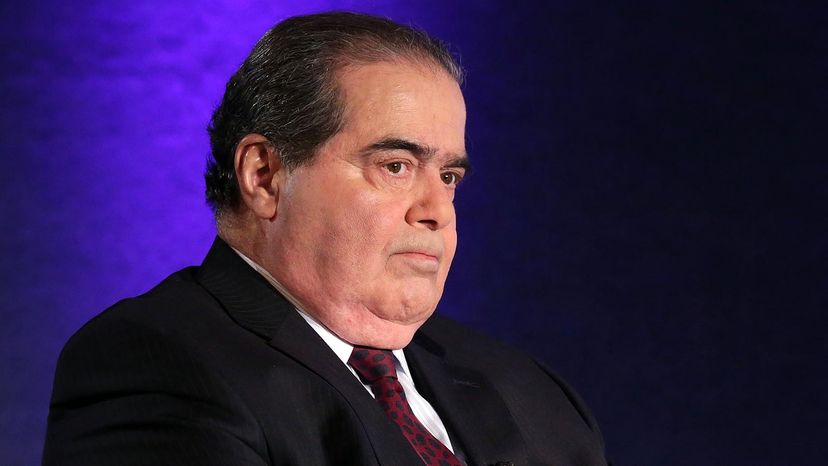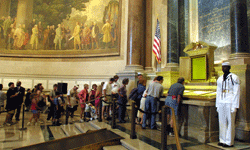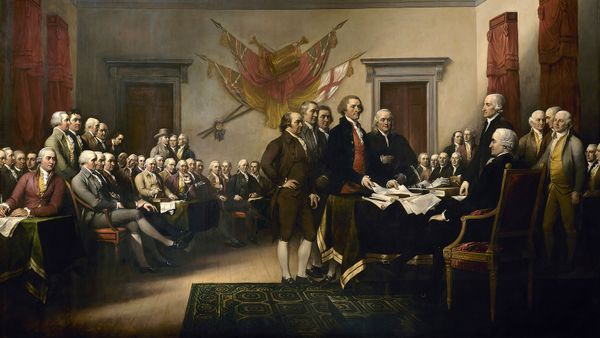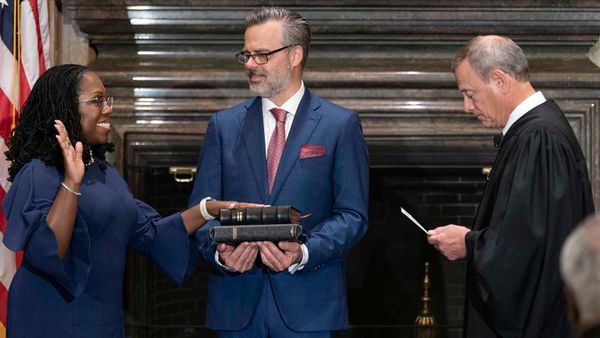
With their steadfast reverence for the U.S. Constitution and the wisdom of the Founding Fathers, Americans might find the idea of originalism, as it applies to constitutional law, irresistibly appealing.
That crinkly piece of parchment has made the U.S. the greatest nation in the world, right? Those old guys sure knew what they were doing when they wrote it, right?
Advertisement
Who can argue that, right? Turns out, as with everything today, in law, politics, sports and America as a whole, lots of people argue that. All the time. With vigor.
Interpreting and applying the Constitution to 21st century America is a sport unto its own. There are unapologetic originalists on one side, and there are those who don't think much of originalists and the whole concept of originalism on the other. Some are especially skeptical when it comes to judges who claim to be originalists.
"Originalism cannot solve cases. It just can't," claims Eric J. Segall, the Ashe Family Chair Professor of Law at Georgia State University and the author of "Originalism as Faith," a history of the originalism debates. "The more honest ones say, 'That's true. But judges should pay more attention to it than they do.' I don't agree with it, but that's a fair disagreement. But to the public, to the pundits, to the politicians, it's like 'Oh, we can just plug in what [the framers of the Constitution] thought, and we'll have the answer,' and that's, of course, absurd on its face.
"And, by the way: There's never been an originalist judge."
Advertisement



